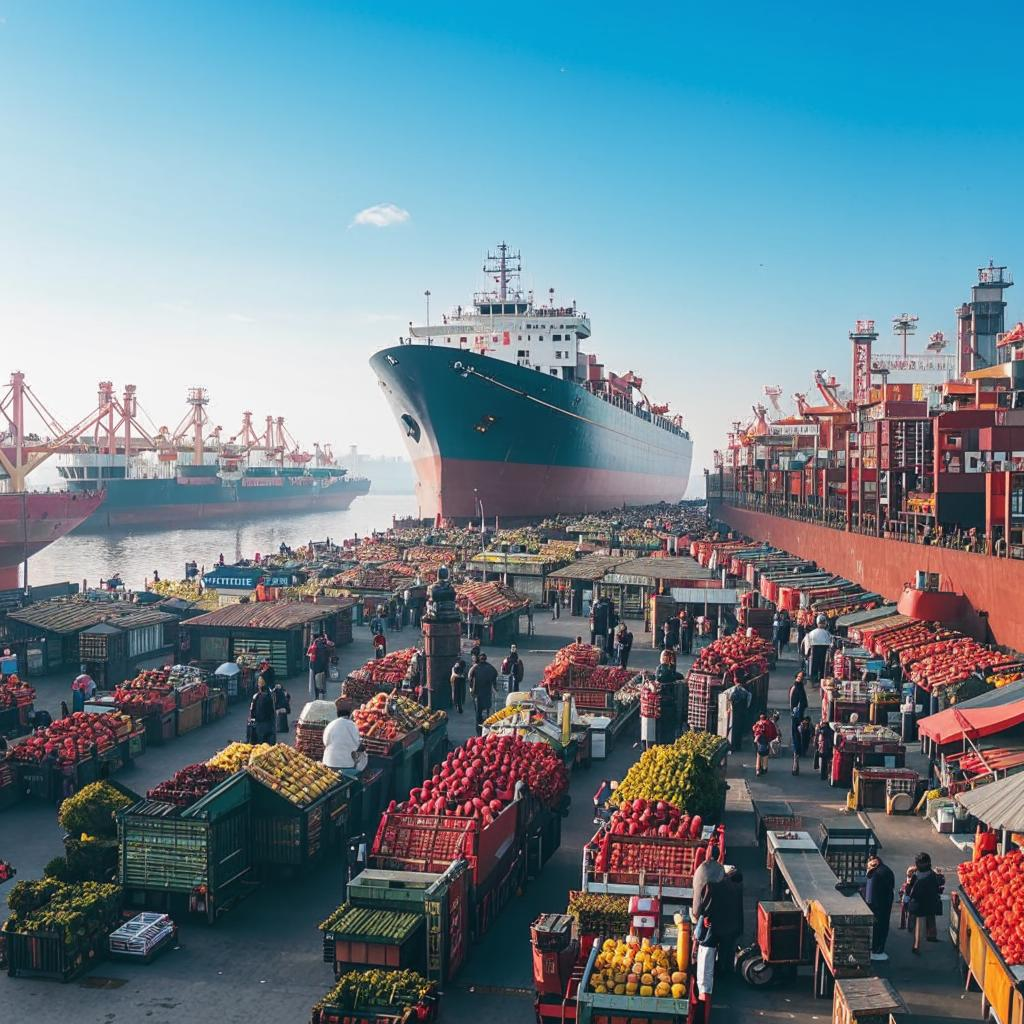Argentina has dramatically abandoned its strict currency controls, a move aimed at stabilizing the nation’s struggling economy. The decision, announced by the new government, involves lifting restrictions that have been in place for years, hindering foreign investment and distorting the value of the peso. The move is supported by the International Monetary Fund (IMF), which has been working with Argentina to address its economic challenges.
The currency controls, implemented by previous administrations, were designed to protect the country’s dwindling foreign reserves. However, they also created a black market for dollars and discouraged businesses from investing in Argentina. The lifting of these controls is expected to allow the peso to float freely, potentially leading to a devaluation. This devaluation could make Argentine exports more competitive but also increase the cost of imports, potentially fueling inflation.
The IMF has praised Argentina’s decision, viewing it as a crucial step towards restoring economic stability and attracting foreign capital. However, the transition is likely to be challenging, with potential for volatility in the currency market and uncertainty for businesses and consumers. The government is expected to implement additional measures to manage the transition and mitigate any negative impacts. The success of this policy shift will depend on the government’s ability to maintain fiscal discipline, build confidence in the Argentine economy, and secure further support from international partners. The removal of currency controls marks a significant turning point for Argentina, signaling a commitment to market-oriented reforms and a more open economy.















